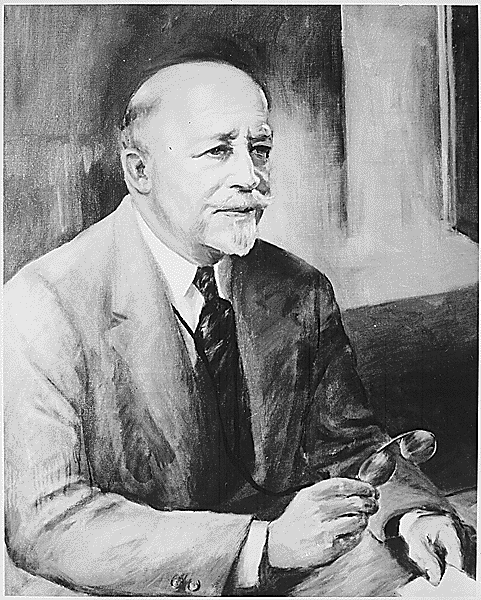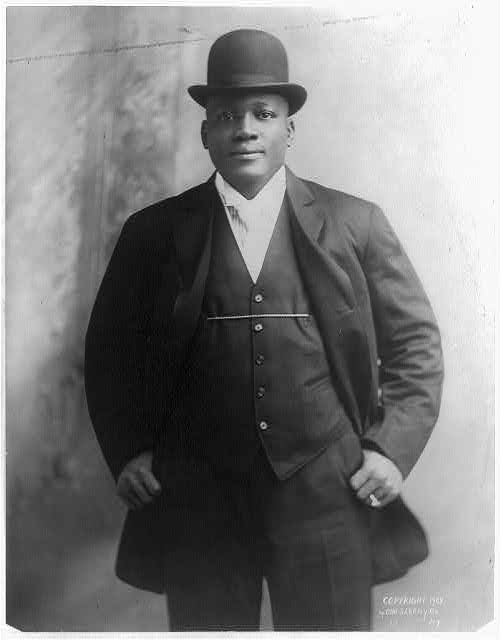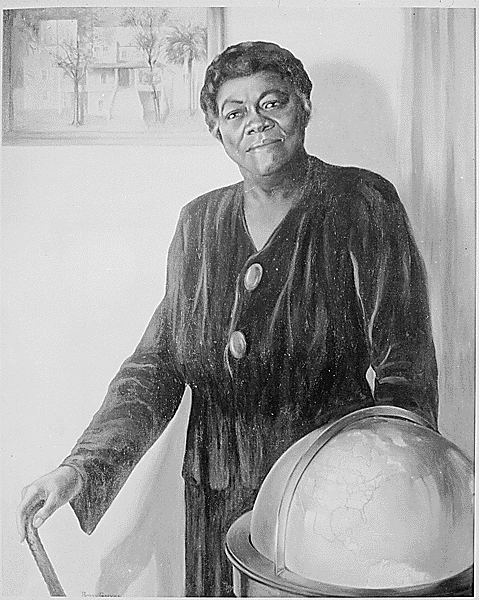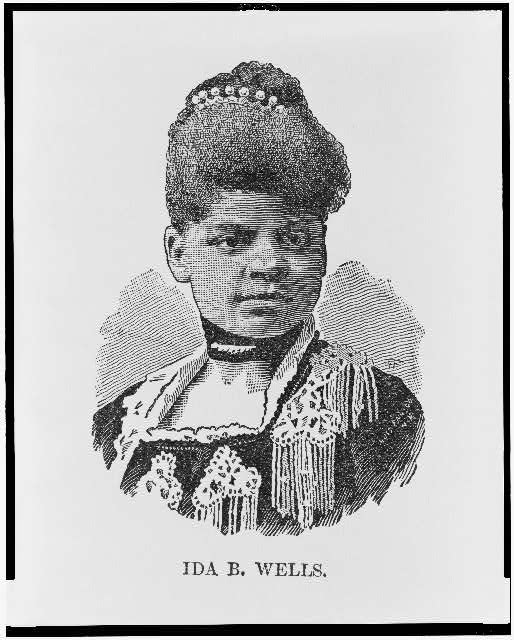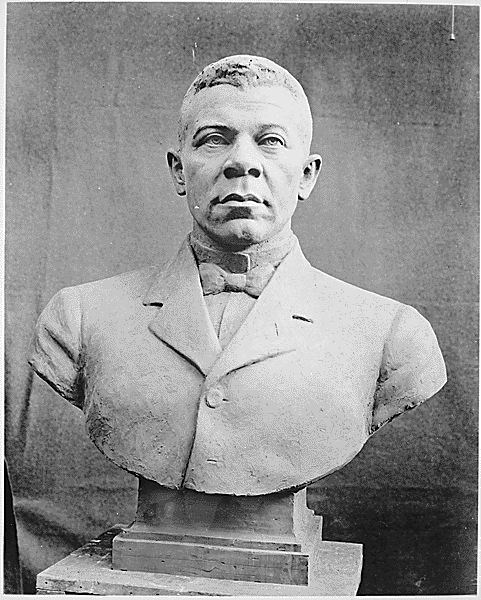
Arts, Intellectuals, and Entertainment during World War I
The African American community's first major expression of its culture, intelligence, and society happened in the early twentieth century. Most of the activity of the thriving community is usually centralized under the Harlem Renaissance. Starting in the teens and located in the neighborhood of Harlem, Manhattan, New York, the cultural explosion quickly attracted curious onlookers from outside of the community, who would then emulate styles and ways of the Black community, and not for the last time. The World War I era did not only see activity in the New York metropolis. Jazz music was morphing from its origins in New Orleans into new forms in Kansas City, and Washington, DC. Thriving Black business districts popped up in many states including Oklahoma, Florida, and Virginia. The African American intellectual set also flourished out of educational opportunities afforded by land-grant universities and colleges such as the Hampton Institute and Tuskegee University.
Search the Catalog for Records Relating to Arts & Intellectuals
Influential Figures during the World War I Era
W. E. B. Du Bois (February 23, 1868 - August 27, 1963)
Jack Johnson (March 31, 1878 - June 10, 1946)
Mary McLeod Bethune
Paul Robeson
Paul Leroy Robeson was an athlete, singer, actor, and civil rights activist. Robeson attended Rutgers University where he was an All-American football player and received a Phi Beta Kappa key. While attending Columbia University Law School, Robeson worked as a professional football player for the Akron Pros. In 1922, Robeson gave up the football and law career to focus on the stage. He landed the lead role in All Gods Chillun Got Wings and began touring around the world. Robeson used his celebrity status to combat racism round the world.
Ida B. Wells-Barnett (July 16, 1862 - March 25, 1931)
Booker T. Washington (April 18, 1856 - November 14, 1915)
